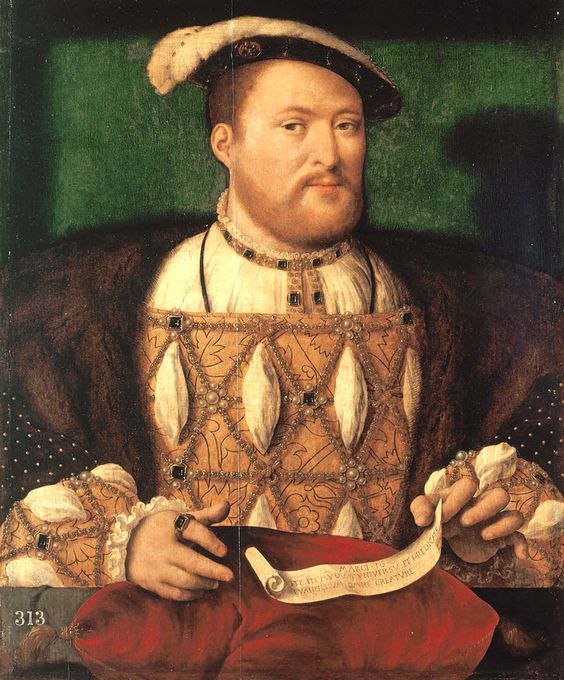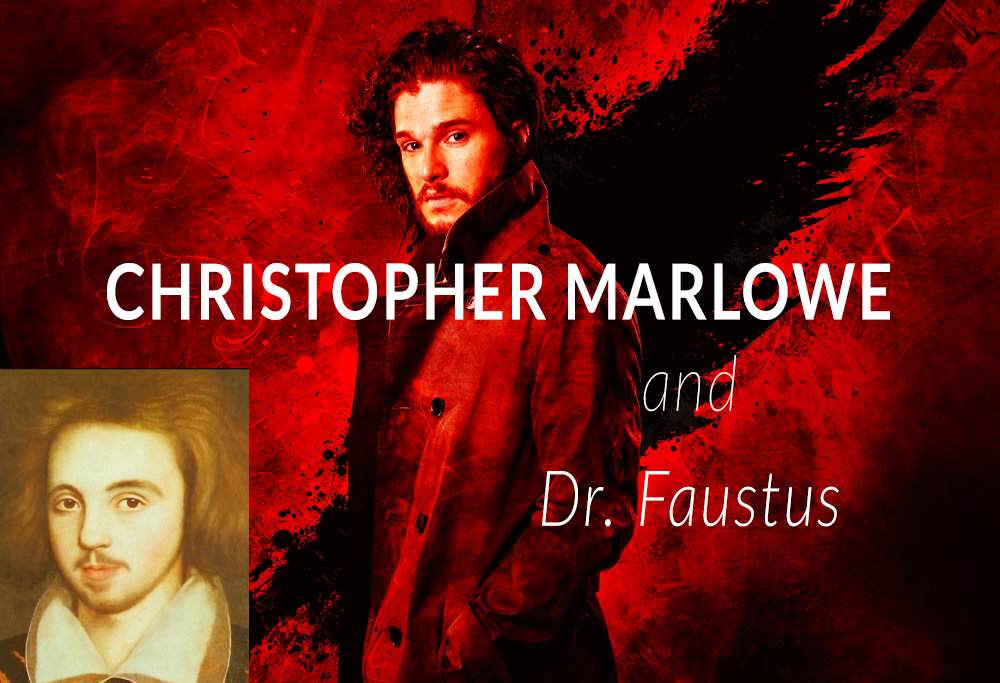Doctor Faustus is considered one of the most significant works of English Renaissance drama. It explores themes such as ambition, the pursuit of knowledge, the nature of good and evil, and the consequences of making deals with the devil. The play has had a lasting impact on literature and has been adapted and reimagined in various forms over the centuries.
The English Renaissance drama
The English Renaissance drama refers to the theatrical works that were produced in England during the Renaissance period, which roughly spanned the 16th and early 17th centuries. This era saw a significant revival of interest in classical Greek and Roman literature and culture, leading to the development of new forms of drama influenced by ancient models.
Key Themes in English Renaissance drama
- Humanism: Humanist ideals, which emphasized the potential and worth of human beings, were a central theme in Renaissance drama. Plays often explored the complexities of human nature, the pursuit of knowledge, and the clash between individual desires and societal expectations.
- Morality and Ethics: Many plays of the period examined questions of morality and ethical choices. Characters faced dilemmas and moral conflicts, often leading to the exploration of themes such as sin, redemption, and the consequences of one’s actions.
- Power and Politics: Renaissance drama frequently delved into political themes, reflecting the turbulent times in which they were written. Plays examined the nature of power, the responsibilities of rulers, and the consequences of political ambition and corruption.
- Love and Romance: Love and romance were popular themes in Renaissance drama. Plays explored the complexities of romantic relationships, courtly love, and the conflicts between love and duty.
- Appearance versus Reality: Many plays explored the contrast between outward appearances and underlying truths. Characters often wore masks or engaged in deception, leading to dramatic tension and the examination of themes related to identity and perception.
- Fate and Free Will: Renaissance drama often contemplated the role of fate and free will in human lives. Characters wrestled with their predetermined destinies and the extent to which they had control over their own actions and choices.
- Social Hierarchies and Class Struggles: Renaissance drama frequently depicted the social hierarchies and class struggles of the time. Plays examined issues of social mobility, the abuse of power by the wealthy and privileged, and the plight of the lower classes.
Who was Christopher Marlowe?
At the forefront of the 16th century, Christopher Marlowe was a playwright and English poet. Significantly influenced by William Shakespeare, he worked in art. He was Kit Marlowe. He was an Elizabethan translator.

Canterbury was his father, a wealthy shoemaker as well as an influential citizen. His great successes are Doctor Faustus, The Massacre at Paris and The Jew of Malta.
The Christopher Marlowe is a famous literary icon that is second in his period who worked great for the most beautiful poems and creating the worldly love impact.
The satiric poetry, public worlds, and religion are prominent in the literary work by the author.
The tragedy of Doctor Faustus is in two terms, first is about the Elizabethan drama and the second is about the Renaissance philosophy.
Under the past tragedy, the death of hero and demonstration of Doctor Faustus provides a right dichotomy with the viewpoint of depraved humanity, and good understanding. The play exemplifies as the model of this recent tragedy.
Christopher Marlowe and Christianity
The thoughts about morals, spirituality and ethical quality at the front which are required to fabricate the relationship in an association are present in his literary work.
Morals allude to activities and practices in case of literature it is related to love while decent quality is tied in with managing the essential standards as what is correct and what isn’t right.
With the utilization of morals and profound condition, significant association results and that association build up their code of morals and make guidelines lined up with the honest and dependable conduct.
Doctor Faustus
Dr. Faustus is Christian play with an inbuilt theme of Christianity understanding. There is a clear idea of sin that is an act against the God’s will. Faustus commits ultimate sin, he consciously does this and it’s a depiction of allegiance to devil.
Under the Christian’s framework, redemptive power of Jesus can forgive the worst sin.
Doctor Faustus is believed to be based on the German legend of Faust, a scholar who makes a pact with the devil. The play was written by Christopher Marlowe, a contemporary of William Shakespeare, during the late 16th century. It was a time of intellectual curiosity, religious conflict, and exploration, which influenced the themes and ideas explored in the play.
The central character, Dr. Faustus, is a highly intelligent and ambitious scholar who desires limitless knowledge and power. He becomes dissatisfied with traditional forms of knowledge and turns to necromancy, seeking supernatural means to achieve his goals.
This ambition drives the plot and leads to Faustus’s fateful decision to make a pact with the devil.
No matter whatever the level of Faustus pact with Lucifer is, he has a possibility to get forgiveness but only on a condition that he asks God for forgiveness. The act of Faustus to turn away from God could make him stay eternally in hell. Only he will have a time of repent at the end of his life and he do this by the end. He cries out and asks God to redeem him but it is too late.
Faustus strikes a deal with the devil, represented by the character Mephistopheles. In exchange for twenty-four years of serving the devil and having access to all the pleasures and knowledge he desires, Faustus agrees to give his soul to Lucifer. This pact sets the stage for the moral dilemmas and conflicts that Faustus faces throughout the play.
The Play Says
The play explores the struggle between good and evil, with Faustus torn between his desire for knowledge and power and his conscience. The character of the Good Angel and the Evil Angel represents this internal conflict, offering conflicting advice to Faustus throughout the play.
Doctor Faustus delves into religious themes prevalent during the Renaissance period. It explores concepts of sin, damnation, and the nature of evil. Faustus’s journey can be seen as a cautionary tale about the dangers of overreaching and succumbing to temptation.
Dr. Faustus is often regarded as a tragic hero, embodying the qualities of a protagonist who experiences a downfall due to a tragic flaw. His insatiable ambition and the choices he makes ultimately lead to his tragic end, highlighting the consequences of his actions.
The play incorporates various theatrical elements, including soliloquies, dramatic irony, and spectacle. Marlowe’s use of language and poetic imagery contributes to the richness and depth of the play.
Doctor Faustus has remained a popular and influential work over the centuries. It has been adapted into numerous theatrical productions, films, and literary works, demonstrating its enduring appeal and relevance.
The Dramatic Evidence
Christopher Marlowe presented this scene in a dramatic way. It was to show his play a place in the universe where redemption is impossible. Throughout the play, Faustus experiences both the temptations and the consequences of his pact.
He indulges in worldly pleasures, performs magical feats, and gains fame and power. However, as the deadline of his pact approaches, Faustus realizes the gravity of his decision and is tormented by the prospect of damnation.
The character of Dr. Faustus provides the renaissance nature of humanity in two ways first is hellishly evil and second is divinely good. He is not contempt the human limitations, but he possesses unlimited knowledge. The role of Faustus depicts lower planes of expertise that evidenced the omnipotence and pursuit of power with the help of education.
The power, idea, and pact with Lucifer depict how Faustus urges for wealth. Plumbing the mysteries of the universe and piling up wealth were his aspirations. Though these plans were not desirable, Christopher Marlowe showed the inspiration for them.

